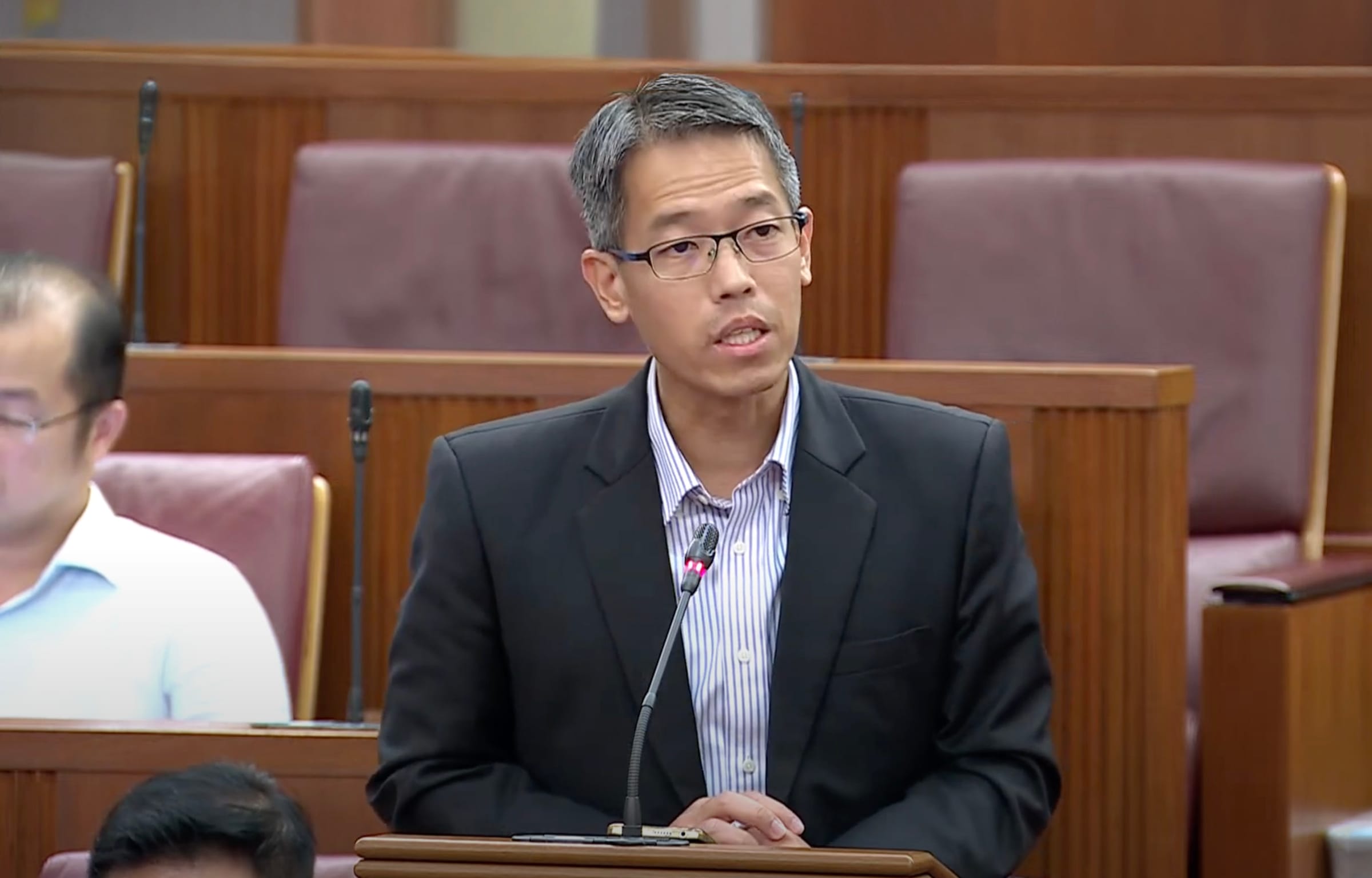While we were busy dissecting Lee Kuan Yew's will here, it turns out the parliament of Singapore turned into a mini stand-up comedy club – which would be funny if the ideas presented there weren't actually serious.
Gerald, for the love of god, Pritam is in court now and it seems he can't leave you alone for a few days! Give the man a break and wait for him to check the stuff you want to present in public.
OK, so what did the former editor at The Online Citizen, WP MP Gerald Giam, come up with?
He proposed that public transit fare hikes should be tied to performance metrics in the months ahead of the increase.
So, if the trains and buses are running well, the prices can go up, but if there are some breakdowns, then prices stay the same.
Now, this would be a good proposal if, let's say, it was presented by an 8-year-old, as an exercise in stimulating ideas in primary school children. But how can any adult member of parliament present it without a second thought or, surely, second opinions of his colleagues?
Just think what that would entail.
First of all, it would require using objective reliability metrics – which we already have access to and, as it happens, they are among the best in the world for Singapore's MRT (contrary to senseless whining of all the complainers).This means that, barring extraordinary circumstances, the fares would proceed to go up like clockwork - and at a quicker pace than today.

Secondly, a price would have to be placed on those reliability goals and the companies involved would point to others in the business as benchmarks.
After all, if you're making a case that the cost of the service should reflect reliability standards, then not only are prices going to rise regularly but the operators will have good reasons to argue that they should be higher than fares in other systems that they have outperformed (like Taipei, Hong Kong, Tokyo and so on).

That alone would put Singapore's public transit among the most expensive in the world, simply because it's already among the most reliable.
But that's not all.
Since relative operating costs are dependent on expenses such as labour, materials, energy and so on, which tend to grow with national GDP and are higher in Singapore than in most locations other than Hong Kong, the base cost floor would also be higher and, consequently, the target revenue levels would have to reflect it.
Moreover, it would incentivise local operators to overspend to hit ever higher targets, knowing that the added expense could be an argument in favour of a proportionately larger price hike.
There's a reason current SMRT CEO as well as Khaw Boon Wan back in 2017, both said they do not want overmaintenance – because the law of diminishing returns dictates that at some point the incremental gain in service quality will become too expensive (i.e. wasteful). Some breakdowns will always happen - and once in a blue moon they are going to be more serious than usual.
All of this would make Singapore's public transit the most expensive in the world, due to the combination of already world-class performance (which would justify fare hikes) and relatively higher running costs (if you're among the best but most of them have lower operating costs, then your system will naturally be more costly).
This is why you can't cherry-pick a single event (like the EWL breakdown) to make a case for an all-encompassing policy which would henceforth determine the prices of public transit tickets.
The fares, after all, are raised not because somebody just wants to make more money, but because costs keep going up. Prices are already kept low by generous state subsidies but the public should be expected to shoulder at least some of the rising expenses.
Of course WP does it because it knows it has no chance to even be considered, but such a proposal will sit well with all the angry know-it-all complainers ahead of the GE.
This is an example of irresponsible, cynical populism at its worst.





